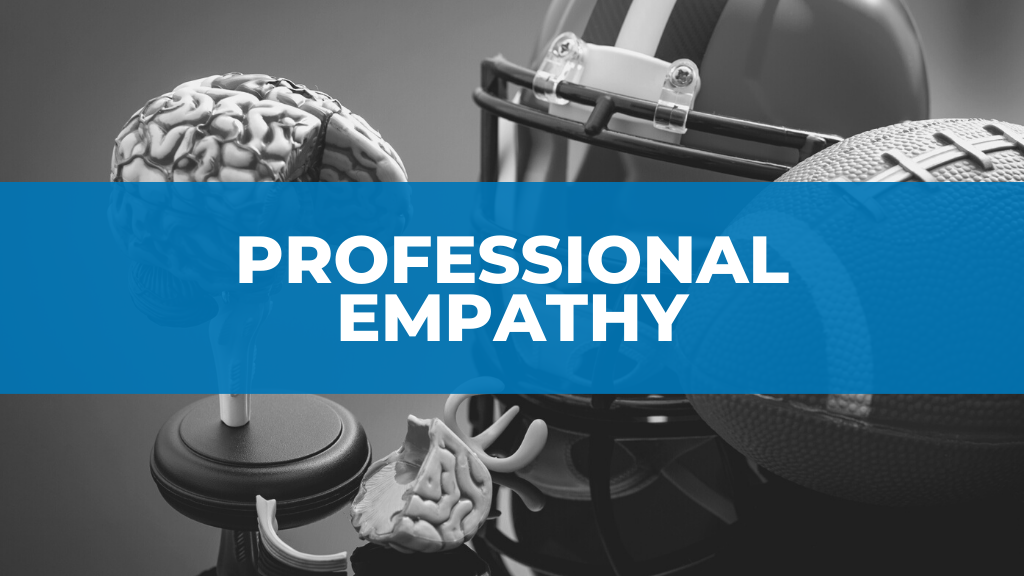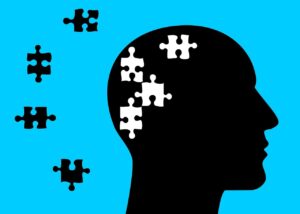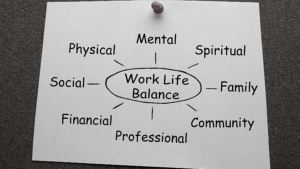In our most recent podcast, Management (Listen here), the topic of empathy was discussed in how it relates to athletic training. A recent incident in the NFL has now given us the opportunity to practice this empathy for one another.
In the podcast, empathy was encouraged towards our fellow athletic trainers who are doing the best they can. So often we are found demonizing the next AT for what they may or may not have done, without understand the full impact of what those words do to our profession and those peering in. Why is it so difficult to believe that a fellow AT has the best interest of an athlete in mind, despite what their actions may show? Empathy is about putting ourselves in the other person’s shoes, let’s take a look at what happened in St. Louis on November 22, 2016.
In the fourth quarter of the game, QB Case Keenum takes a hit that slams his head to the ground which he then has trouble getting up (watch it here). It appears he speaks to someone who is part of the athletic training staff (35 sec mark) and then returns to the huddle to continue playing. Questions can be posed to every party here: Why did the team medical staff not do an evaluation? Why did the ATC Spotter not call a medical timeout? Why did none of the referees stop the play? How did this slip through the cracks?
To those questions, I pose this: have you ever been in a situation where so many people had responsibility, you thought maybe it wasn’t your own? Or have you been in a situation where the pressure is so high, you have a lapse in judgement?
If you’ve never been in either of those situations, imagine yourself there. Perhaps you are the head ATC for the NFL team, but its the responsibility of the team physician or ATC spotter to call the medical timeout. Or you’re so invested in the livelihood of this team, you have a lapse in judgement about doing a full evaluation. Or you’re the “eye in the sky” ATC Spotter who is responsible for calling the medical timeout when a concussion is suspected, but you see the athlete speaking to the team ATC and assume that if that ATC clears him, what nerve do you have to step in?
Regardless, we as ATs have been handed an opportunity to practice professional empathy here. Obviously this was missed and there are already steps being taken to correct this for the future. But what are the rest of us doing to learn from this in a professional way? Of course we can say “I’d never do that” but what if you did? How would you want to be perceived? With judgement or forgiveness?
Perhaps we can display some empathy by trying to understand this from their perspective; sidelines are hectic, especially when there is under 2 mins left in the game and your team is driving for the win. We all have areas to improve, but we’re all human and mistakes happen. Instead of cutting down our fellow AT (sideline or spotter) let’s try to understand how this could have happened and display some empathy on a colleague’s behalf.
Update:
The NFL has decided to penalize teams who violate medical protocols (read the article here). What is troubling about reading this is how the decisions of the medical staff may be altered knowing their team could be penalized? Most would likely argue that they will make more conservative decisions, but should that be the case simply because the threat of a penalty is looming? Medical decisions should not be made based on the potential aftermath of the organization’s decision makers. While the intentions started in a good place, I am now fearful we have ventured off path.






